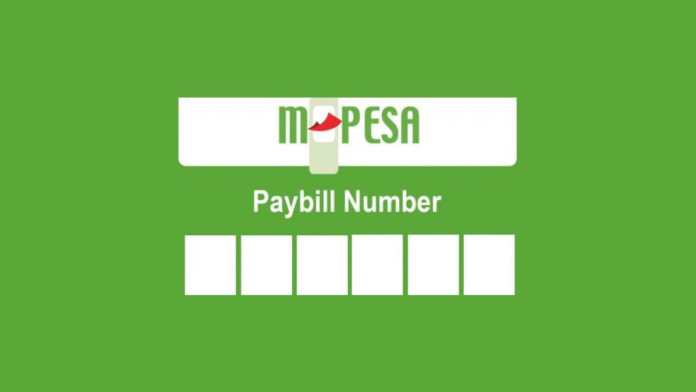A High Court in Kenya has declined to extend temporary orders that had suspended charges for transferring cash between banks and mobile money platforms. The decision, made by Justice Mugure Thande on Monday, January 23, 2023, means that banks and mobile money operators will be able to levy fees for transferring cash between their platforms once again.
The temporary order, which was issued on December 19, 2022, had put a halt on the decision of the Central Banks of Kenya (CBK) dated December 6, 2022, which allowed telecoms and financial institutions to reinstate charges on transferred funds from banks to M-Pesa Wallets. The order resulted from a legal action taken by Moses Wafula, who believed that consumers should not have to bear the cost of these fees and that M-Pesa Paybill charges were illegal. Some institutions had ignored the order nevertheless.
Wafula had asked the court to stop these charges, stating that more funds from the public would be lost and it would be difficult to ask the banks to return them. He also asserted that his rights including those of other members had been violated and infringed by the telecommunications firm and the Government of Kenya in light of the directive by the Central Bank of Kenya.
Wafula listed Safaricom, the Attorney General, the Competition Authority of Kenya, the Central Bank of Kenya, and the Cabinet Secretary for National Treasury and Economic Planning as defendants in his legal action. He argued that the charges incurred for M-Pesa Paybill services should be the responsibility of Safaricom’s primary clients, such as banks, instead of consumers. He also emphasized that as M-Pesa Paybill services are outsourced, Safaricom does not have the authority to charge members of the public for a service provided to its contracting service recipients, including banks.
The decision to reintroduce the fees, which were set to take effect on January 1, 2023, has been met with mixed reactions from the public. While some argue that the fees are necessary for the sustainability of the mobile money industry, others believe that they will disproportionately affect low-income individuals who rely on mobile money for financial transactions.
Despite the High Court’s decision, Wafula and other consumer rights advocates continue to push for a review of the fees, arguing that they are illegal and unjust. They are also calling for more transparency in how mobile money operators and banks charge for their services.
The issue of charges for transferring cash between banks and mobile money platforms is a complex one, with many factors to consider. However, it is clear that consumers should not be made to bear the cost of these fees and that a fair and transparent system needs to be put in place to ensure that these costs are fairly distributed.


hi